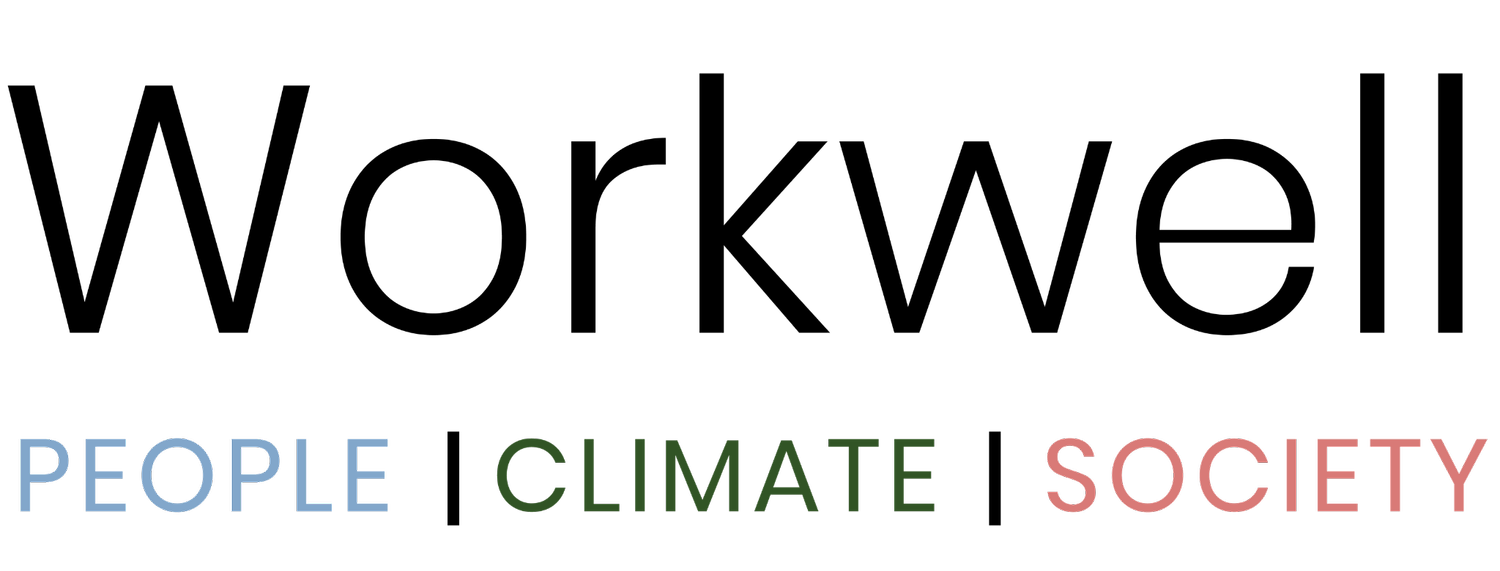Hybrid Working - What's not working?
Where employees are able to work from home, the hybrid balance is still challenging for many organisations to get right. And many employees and business leaders aren't on the same page so it's not working as well as it should. There are a number of areas that you need to consider;
1.What is the right hybrid balance?
Don't mandate how many days or a percentage of time that your employees need to be physically in the workplace. Instead engage with your teams and empower them to consider how when and where they need to work (together and separately) to get their work done, for example we build bespoke team charters for our clients to use.
Due to the pandemic, employees have become focused on their own needs in terms of work. They need support to consider what works best for them, their teams, the organsation, their clients/stakeholders. A charter can form a new group commitment to work in a different way.
Rip up your diaries! Don't be a slave to recurring or back to back meetings and don't accept every invite sent to you. Consider where your time is best spent, who needs to be in which meetings, what can be done in 30 minutes instead of 60 minutes. Empower your teams to create focus and agendas for meetings and consider their diary commitments with a fresh approach.
2. How can you remain competitive?
Ensure you have fair pay and benefits. Have you benchmarked your offer against your competitors? Are your ways of working innovative and leading the competition? Is your workplace equipped with the right spaces for differing needs and ways of working such as: height adjustable desks, quiet space for focused working, collaborative working space with no noise limits, attractive to disabled or deaf employees?
Is your workplace and culture inclusive and truly a great place for all genders, races, sexual orientation, with a level playing field? Do you have the right social events, that support your values, culture and make your organisation a great place to work? Do they meet everyones needs, not just alcohol and nightlife based? CIPD have resources to build inclusive workplaces.
FTSE 100 CEOs in 2018 were more likely to be called Dave or Steve, than be female!
3. How do you attract and retain talent?
Do you have an inclusive approach, with clear values, culture and engagement? All there equal opportunities for progression? Do you have a comms plan and regular employee engagement? Do you act on employee feedback? How, when and why do you bring people together?
Is your company purpose clear? Research shows this makes a difference to younger generations, who want to make a difference and with a growing group of B Corps in Bristol, purpose could differentiate you.
4. How do you include reduced hours / part time or flexible working?
Hybrid isn't flexible working. Some need reduced hours, fixed working locations and other needs to be able to work for you. Make it clear on all internal and external job adverts how, when and where the role can be done. For example can it be done over 4 days / 9 day fortnight? Give as many options as possible, to attract an untapped pool of talent or retain your talent as their lives change.
Support your existing reduced hours employees. Research from Pregnant then Screwed show that 86% of those they surveys had experienced discrimination because they work flexibly and 42% said they were too scared to ask for flexible working as they were worried about their employers reaction.
5. Are you supporting employee wellbeing?
Mental health support, first aiders, coaching and counselling are becoming common in workplaces and encourage employees to feel able to reach out for support.
What else do you need to consider? There are many more aspects of wellbeing that can have a huge impact on your employees ability to focus on work; financial, physical, career and social/community wellbeing are all factors. These elements matter to your employees. Are they factored into your wellbeing approach?
Wellbeing is about the combination of our love for what we do each day, the quality of our relationships, the security of our finances, the vibrancy of our physical health and the pride we take in what we have contributed to our communities. Most importantly, it's about how these five elements interact. Gallup
Kristal McNamara is a HR and Change consultant, Co Founder of Workwell PCS and an expert in Hybrid and Flexible working. She would love to continue the conversation - get in touch.

